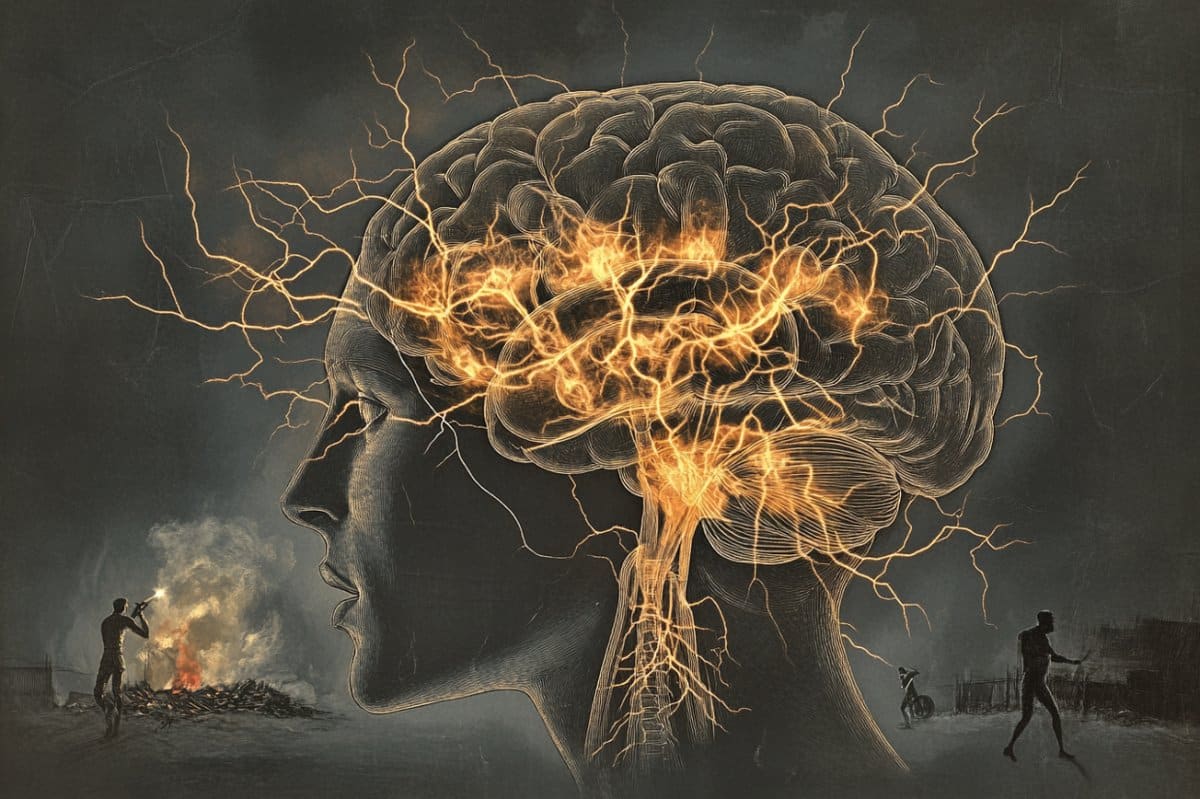Understanding Pain Perception: When the Brain Overrides Pain Signals
Revolutionary Insights from Neuroscience
It's a curiosity of human experience: why, after a severe injury, do some people feel relatively little pain? Recent studies dive deep into understanding the brain's tactful chemistry that can suppress pain. This intriguing new perspective not only illuminates historical anecdotes, such as WWII soldiers on the battlefield, but also offers potential pathways for modern pain management strategies.

The Role of Endorphins in Pain Suppression
Unraveling the Brain's Chemical Defenses
Endorphins, often dubbed the body's natural painkillers, play a pivotal role. These neurotransmitters can block pain signals from reaching the brain, creating a dissociated sense of relief amidst injury. High-stress environments can kick-start this endorphin release, which is why soldiers or accident victims might exhibit surprising resilience.
The Nobel laureate Sir John Eccles once observed, "We often underestimate the power of internal healing processes triggered by the brain."
Historical and Modern Examples
- WWII Soldiers: There are numerous reports of soldiers sustaining major injuries, yet feeling minimal pain until the adrenaline subsided.
- Athletic Performances: Elite athletes often talk about "being in the zone," where pain awareness drops during peak performance moments.
These examples shed light on how the brain recalibrates perception in line with situational urgency.
Scientific Research Unlocking New Avenues
What the Studies Reveal
Recent publications provide a comprehensive overview of this fascinating interplay between neurochemicals and pain modulation. Researchers call attention to the potential of leveraging these mechanisms for treatments in chronic pain pathologies. A good starting point could be this research paper that elaborates on the effectiveness of endorphins in pain management.
Potential Applications Beyond Understanding
The translation of these findings into tangible medical applications is underway. The idea of personalized pain relief tailored to one’s neurochemical profile could redefine how we approach post-operative care and chronic pain disorders. Further reading can be explored in books on modern pain management.
The Promising Future of Pain Research
The implications of this research extend far beyond anecdotal instances, painting a future where pain need not be a debilitating factor in people's lives. For inspiring stories and further insights, check out the innovations in neuroscience shared on TED Talks. This could be the beginning of a paradigm shift in how we confront and treat pain.
In conclusion, understanding the brain's intrinsic ability to suppress pain could revolutionize the future of medical care. The complexities of our neurological makeup, particularly concerning pain modulation, continue to underscore the fascinating journey of scientific discovery.
